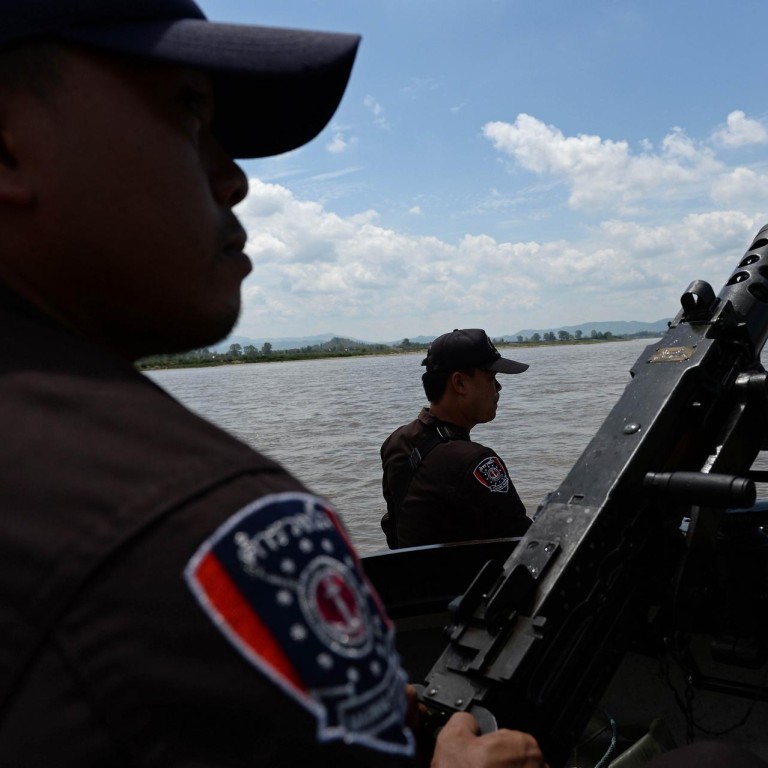
Yaba, the new scourge of the Golden Triangle
At one time the Golden Triangle, where the remote edges of Thailand, Myanmar and Laos meet, was awash with heroin, flooding over the border from the then world's biggest opium producer Myanmar.
At one time the Golden Triangle, where the remote edges of Thailand, Myanmar and Laos meet, was awash with heroin, flooding over the border from the then world's biggest opium producer Myanmar.
Times have changed and now the drug of choice is methamphetamine often in the form of "yaba" - Thai for "crazy medicine" - bound for the streets and clubs of Asia.

It is estimated that at least 1.4 billion yaba tablets - with an estimated street value of US$8.5 billion - are being produced each year in the region.
The drug is mostly made in isolated mobile laboratories hidden in the forests of Shan State in Myanmar, which is still the second largest global source of opium after Afghanistan.
It wasn't until the slaying of 13 Chinese sailors on the Mekong river in 2011 that regional authorities launched a concerted crackdown on trafficking.
An operation dubbed "Mekong Safe" - led by Beijing with the involvement of its Golden Triangle neighbours - between late April and late June led to the arrest of 2,534 suspects and the seizure of almost 10 tonnes of drugs, according to Thai authorities.
China executed Myanmar drug lord Naw Kham for the sailor killings. The two boats involved, found with some 900,000 methamphetamine tablets and riddled with bullet holes, have been left to rust in the port of Chiang Saen, the Thai town at the gateway to the Golden Triangle.
"The frequent occurrence of drug-related crimes on the Mekong River has been effectively contained," said the Chinese embassy in Myanmar in June.
A dedicated Thai unit of 30 policemen, with three boats, now patrols a 17-kilometre stretch of the river border.
But far from being deterred, heavily armed traffickers are finding alternative routes, with some choosing to trek with their valuable contraband through the jungle from Myanmar.
"[Traffickers] walk in a caravan with 20 to 30 people," said general Manop Senakun, commander of police in Chiang Saen. "They would have a lot of weapons with them."
Clashes with the army or the police are common. In one incident in 2012, eight suspected traffickers were killed by security forces and Manop predicts things will only get "more violent".
Some experts have cast doubt on the efficacy of an unevaluated crackdown against small and flexible trafficking networks.
Paradorn Pattanatabut, who heads up Thailand's efforts, has also said there was some truth in US claims of internal corruption within Thai forces, but vowed "severe punishments" for those found to be involved.
Meanwhile the drug problem is showing no signs of receding.
Tun Nay Soe of the UN Office on Drugs and Crime (UNODC) in Bangkok, said the level of production of both meth and opium were at "alarming levels" in the Golden Triangle area.
"I would say it is pretty much still at the epicentre of drug trafficking and production in the region," he said.
